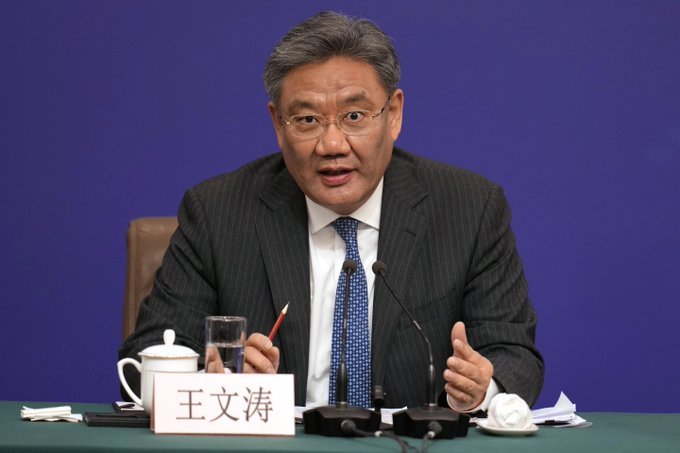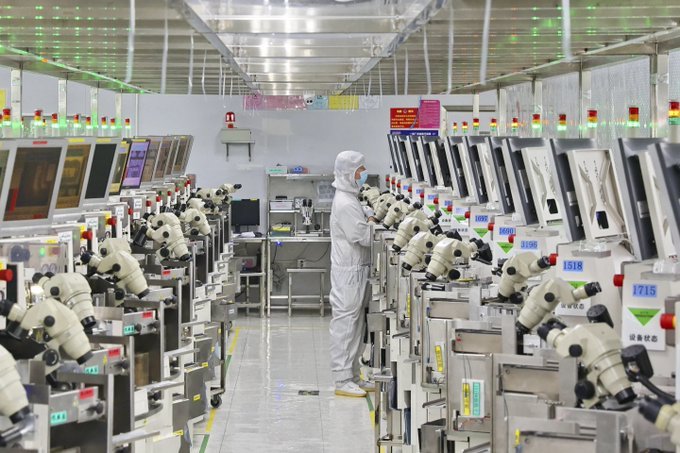
China’s Strategic Mineral Ban
In a significant geopolitical move, China has implemented a ban on the export of critical minerals: gallium, germanium, and antimony.
These materials play crucial roles in the production of high-tech products such as chips, batteries, and military gadgets.
This decision arrives as a response to the United States’ recent export controls on Chinese chip-making technology, marking a pivotal moment in ongoing tensions between the two nations.
Impact on U.S. Industry
The United States relies heavily on China for over half of its supply of these essential minerals.
As the ban takes effect, U.S. manufacturers are now required to seek alternative sources, potentially increasing costs and production times.
With prices already soaring—antimony has reached an alarming $25,000 per ton—the effects of this ban could resonate throughout the tech industry, causing a ripple effect from semiconductor production to consumer electronics.

Trade War 2.0?
While China defends this maneuver as a means of “protecting its rights,” critics label it as “trade war 2.0.” The tech world now faces an uncertain landscape where access to these minerals is severely curtailed.
Companies are being urged to find a Plan B quickly to mitigate potential disruptions.
As tensions escalate, the consequences could redefine global supply chains and trade relationships, proving that in the realm of technology and minerals, nothing is guaranteed.


